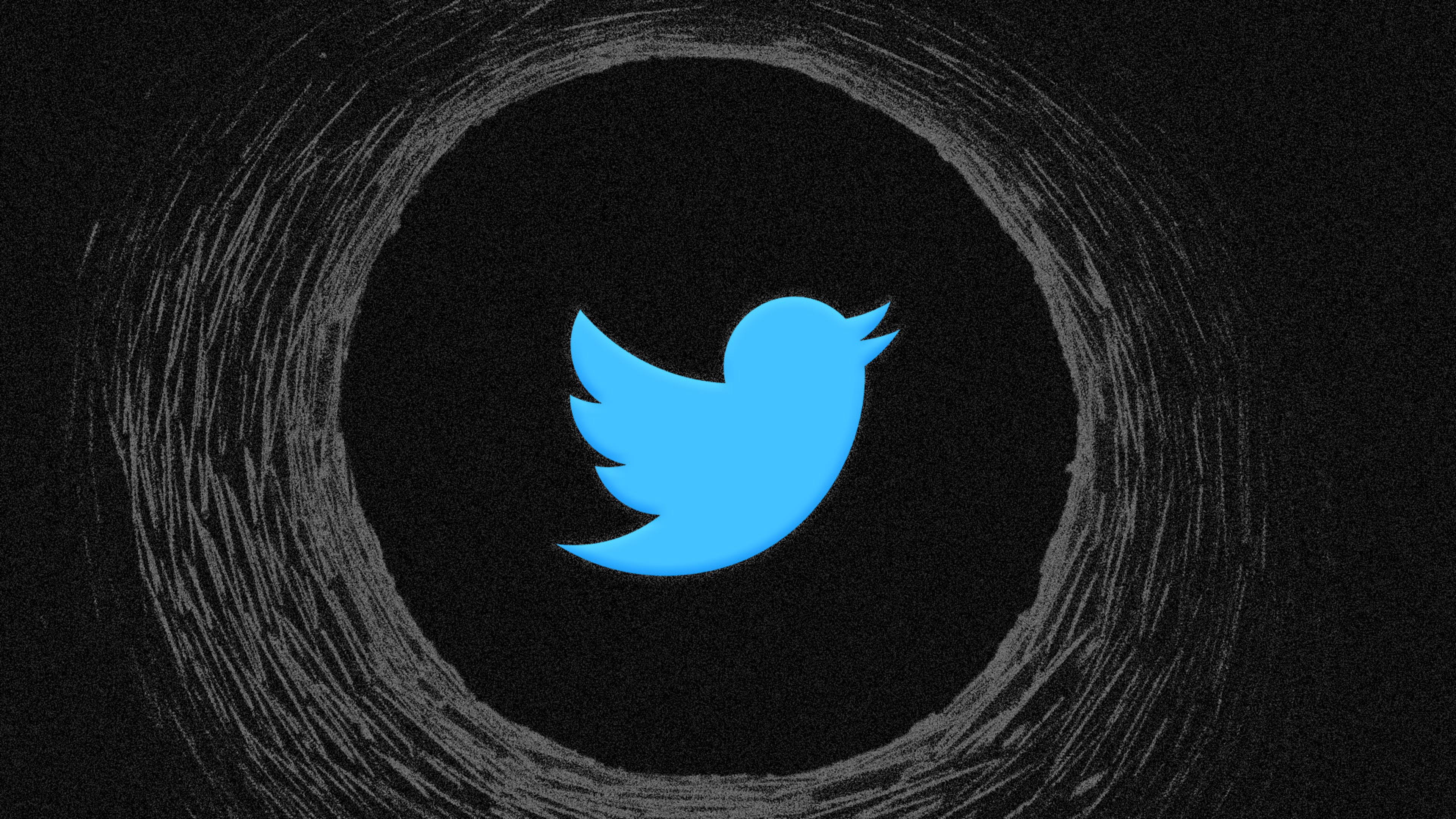The social media platform’s planned changes to how it presents violative content on the platform has been welcomed cautiously, though its markedly diminished staff size remains a concern.
Twitter’s newly announced approach to content moderation—dubbed “freedom of speech, not freedom of reach”—will throttle the spread of content it sees as violating its policies. In the short time since the policy was announced, it has received a mixed response from analysts and former employees.
The policy is designed to “promote and protect the public conversation,” the company said in a statement released Monday. Twitter will soon make clear to users via a labeling system whenever a tweet’s spread has been limited due to its content being in violation of the social media platform’s terms of service. The author of the tweet in question then has an opportunity to give feedback to the moderation decision, though it’s not clear at present how that will work.
The shift, which marks a move away from Twitter’s previous “leave up versus take down” approach to content moderation, is surprisingly nuanced for Twitter owner Elon Musk, who has been criticized for a series of questionable decisions since purchasing the company last year.
“The visibility of tweets and reach is a worthwhile part of the conversation,” says Edward Perez, a former director of product management at Twitter whose team focused on civic integrity. “I appreciate the fact that they are trying to take steps in providing that transparency.”
Still, Perez cautioned that there may well be accusations of bias over which tweets are flagged for violating content moderation policies. “Full credit to Twitter and Musk for taking this step,” he says. “But they shouldn’t delude themselves into thinking that that’s the end of the conversation, because I don’t think it will be. I think there will be reasonable third parties that will want more detail about the automated systems that are helping to make these decisions.”
It’s unclear exactly how Twitter will enforce its new policing policy. Since Musk took over in October, the company has cut its workforce from 8,000 to 1,500 workers, including many members of its content moderation team. Some experts fear the reduced staff will prove ill equipped to enforce this new, more sophisticated policy.
“It is all well and good Twitter saying that they will limit the reach of particularly bad content, but given that Twitter is working with far fewer staff than it used to, who exactly is going to do this policing?” asks Steven Buckley, a lecturer in media and communications specializing in U.S. politics and social media at City, University of London. “Leaving it up to automation [which seems likely] is going to be problematic due to the complex nature of human language.”
(When asked for comment on this story, Twitter’s press email provided an automated response of a poop emoji, as has become the norm.)
Buckley also questions whether Twitter can be trusted to limit the spread of tweets labeled as problematic; because of changes Musk has made to access to data showing how the platform works, researchers now have to pay $42,000 a month to access Twitter’s API. “Given that Twitter has now made it prohibitively expensive for researchers to access Twitter’s data, it will be exceedingly difficult for the public to know the impact these new labels will have on restricting the reach of hateful content,” he says.
Perez also believes there’s a risk of Twitter presenting a double standard around its user base if it starts making questionable decisions to throttle the reach of some users while excessively promoting those of its boss.
“If Elon Musk strongly believes that ‘freedom of speech’ and ‘freedom of reach’ are two different things, he could start showing his commitment to that by providing a transparent picture of how his own tweets and his own voice are not being unduly favored on the platform,” Perez says.
Musk has previously asked his employees to ensure his tweets are promoted on his platform. “I think it is good for Twitter to take this step in that direction,” Perez says. “But as they say, Elon Musk needs to put his money where his mouth is, and he could start with himself and his own tweets.”
Recognize your brand’s excellence by applying to this year’s Brands That Matter Awards before the early-rate deadline, May 3.
